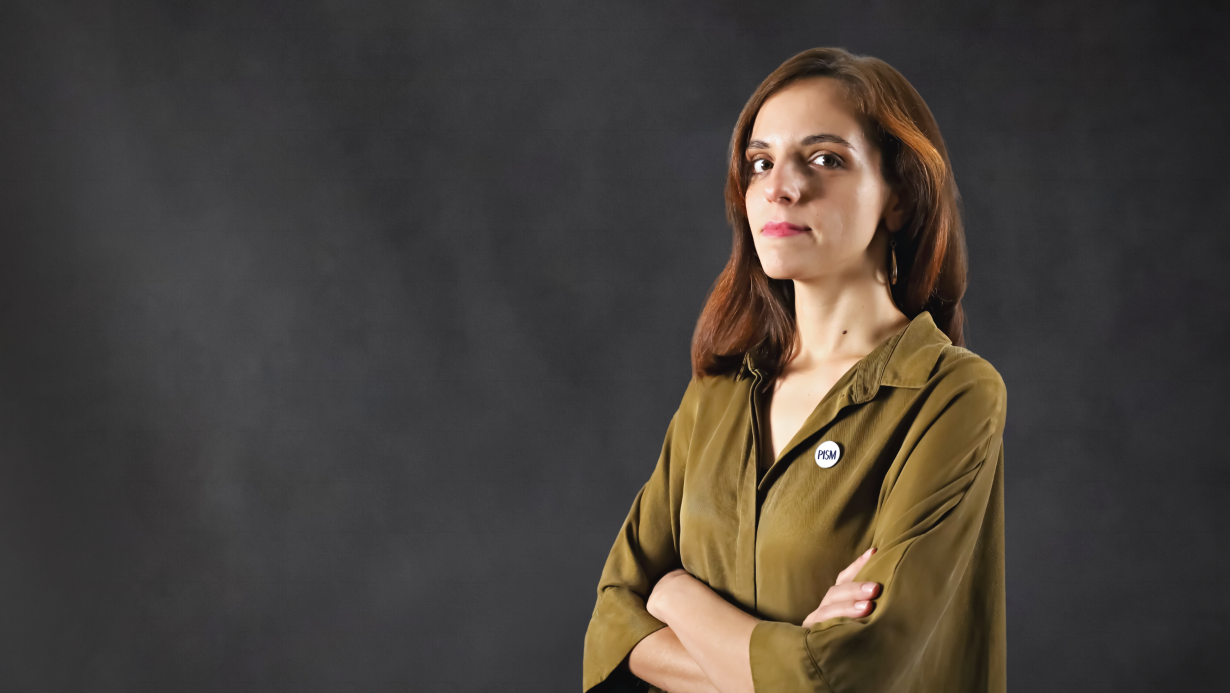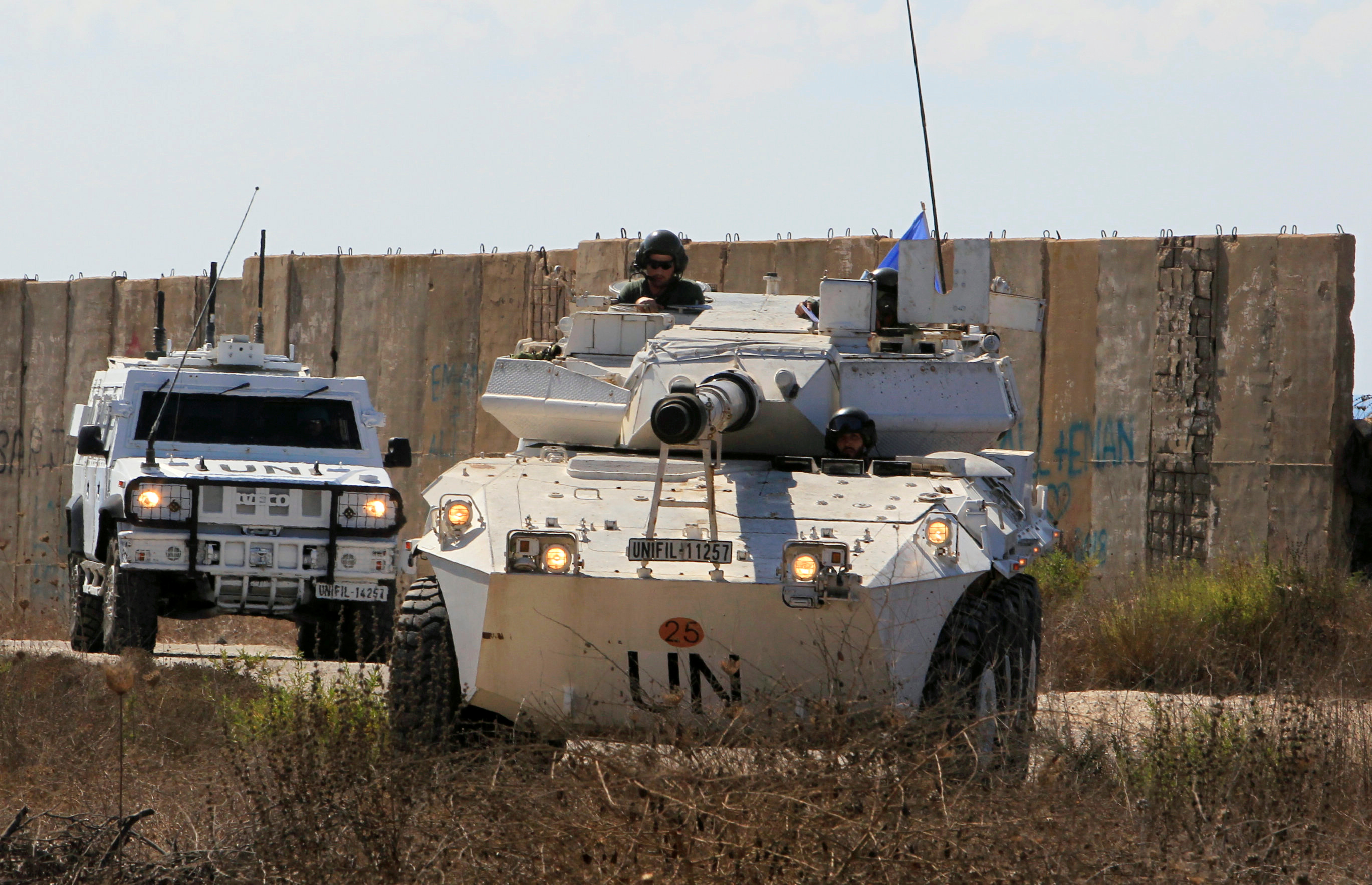Lebanon's Presidential Crisis Ends
After more than two years without a head of state, on 9 January the Lebanese parliament voted in Joseph Aoun as the president. An agreement between parties was made possible by the weakening of Hezbollah, the subsequent resignation of its preferred candidate, and international engagement motivated by the desire to avoid wider escalation of Israel’s conflict with Hezbollah. The new president, who was the commander of the Lebanese Armed Forces, may strengthen the independence and competence of the Lebanese army, allowing it to maintain the ceasefire between Israel and Hezbollah.
.png) Karamallah Daher / Reuters / Forum
Karamallah Daher / Reuters / Forum
Who is the new president?
Aoun was elected with a majority of 99 out of 128 votes. He had been the commander of the Lebanese Armed Forces since 2017, and oversaw the army’s victorious clashes with ISIS and the Nusra Front on the border with Syria in 2017. His success raised his public profile and that of the army, which during the political crisis enjoyed the most significant level of trust among Lebanese compared to other state institutions. His popularity was boosted further by a 2021 speech in which he criticised the government’s policies and blamed it for the economic crisis that erupted in 2019, while pointing to a threat to the stability of the armed forces. Although Gebran Bassil, the leader of the Free Patriotic Movement, one of the leading Christian parties from which the previous president Michel Aoun (not related to Joseph Aoun) also came from, criticised the commander, he remains on good terms with the government and the president. This has won him the favour of other groups and countries whose support is crucial to Lebanon’s reconstruction, including France, the U.S., and Saudi Arabia.
What was the context of his election?
Aoun’s election sealed a political vacuum with the absence of a president since October 2022, after which the first 12 sessions of parliament convened to vote on various candidates but failed to elect one. One of the main points of contention remained the role of Hezbollah in Lebanese politics. The party and its supporting groups, including the Free Patriotic Movement, had been pushing for the election of Suleiman Frangieh, a candidate favourable to them. However, he withdrew his candidacy on the eve of the last session. His decision was influenced primarily by the weakening of Hezbollah in battles with Israel, which dismantled part of the organisation’s command and infrastructure. Second, after the signing of a 60-day ceasefire between Israel and Hezbollah on 27 November last year, the international community, especially the countries of the so-called quintet (France, the U.S., Qatar, Saudi Arabia, and Egypt), stepped up diplomatic efforts in support of Aoun. A few days before the elections, Lebanon received visits by representatives of most of the quintet states, including France and the U.S., who met with Joseph Aoun and Lebanon’s main political parties, including Hezbollah. This influenced the organisation’s support for Aoun. In the first vote, Hezbollah’s parliamentarians cast a blank ballot. Then, after further consultations with the candidate, they backed his presidency on the grounds that they had received guarantees from Aoun and France, the U.S., and Saudi Arabia to unlock funds for the reconstruction of southern Lebanon after the Israeli invasion.
Will the election of a president stabilise Lebanon’s political situation?
In the Lebanese political system, the president is essential to forming the government, as this person appoints the prime minister, whose nomination is then approved by parliament. The incumbent, Nadjib Mikati, is an interim prime minister, which has made it difficult for the government to implement reforms given his limited prerogatives. Given the parliamentarians’ support for Aoun, his relatively positive relationship with most political parties, and his positive reception by the majority of Lebanese, the new president’s success in this regard is likely. This will reflect positively on the economic situation (the value of Lebanese debt securities increased after the president's election) and Lebanon’s cooperation with international financial institutions. So far, the lack of agreement between political forces has prevented, among other things, the restructuring of Lebanon’s debt (one of the highest in the world) and the Central Bank audit, both of which are necessary to obtain foreign support in this regard.
How will the new president affect relations with Israel?
In terms of relations with Israel, the president’s most important task will be to secure the deployment of the Lebanese military to the southern Lebanese-Israeli border and to disarm paramilitary organisations in Lebanon (mainly Hezbollah), especially south of the Litani River. In his first speech, Aoun stressed that these measures remain his priority and likely influenced his support from the quintet states. Aoun’s close working relationship with the U.S. military will also have a stabilising effect on relations with Israel. At the same time, Aoun unequivocally opposes the Israeli presence on Lebanese territory.
Even though an army-derived president may strengthen the powers of the Lebanese armed forces, the main obstacle to the effectiveness of this institution remains corruption among the political elite, which weakens the state and leads to inadequate public services that then encourages people to join Hezbollah and collaborating organisations. It is also endangered by the Israeli actions that undermine Lebanese sovereignty. As a country involved in UNIFIL, Poland can support the Lebanese military through in-kind assistance and take part in the reconstruction of civilian infrastructure in southern Lebanon to reduce the recruitment potential of armed non-state organisations in Lebanon.





.png)